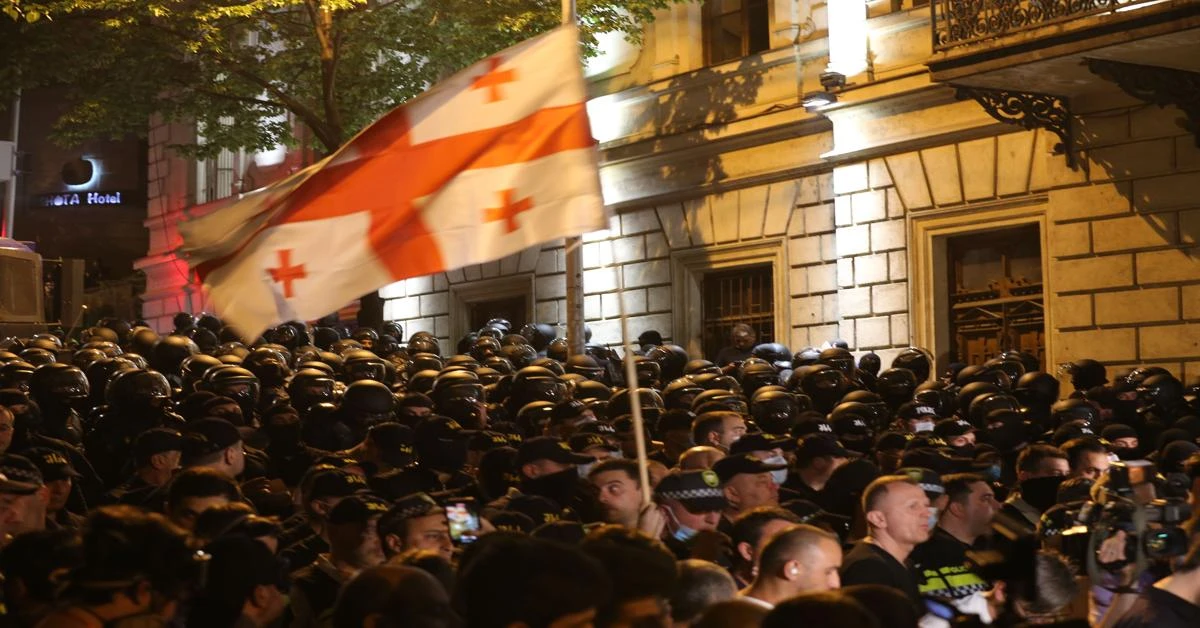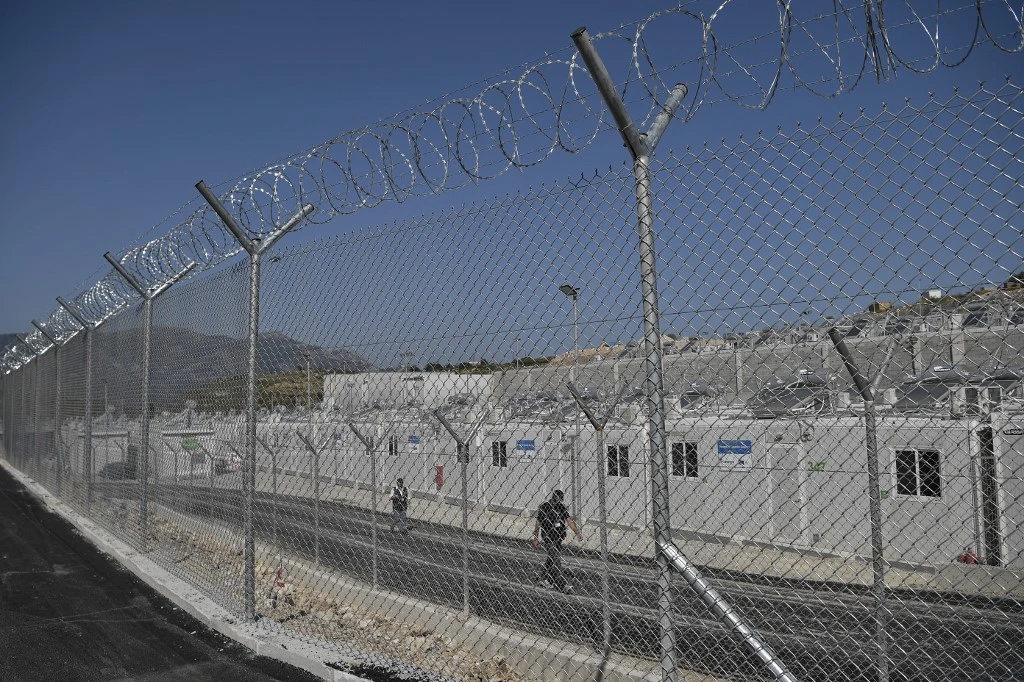Protests surge against ‘foreign agents’ bill in Georgia

Thousands protest in Tbilisi against Georgia’s ‘foreign agents’ bill, accused of authoritarianism by the opposition and the West
On Sunday, thousands of demonstrators filled the streets of the Georgian capital Tbilisi, escalating protests against the “foreign agents” bill, which both the opposition and Western countries have condemned as authoritarian and influenced by Russian policies.
The “Transparency of Foreign Influence” bill, which sparked demonstrations in the capital Tbilisi last year, has reignited protests.
This year, protesters are continuing their demonstrations against the reintroduction of the bill in parliament by the Georgian Dream Party.

With the bill set to pass its second reading in the Georgian parliament on Tuesday, opposition parties and civil society organizations have mobilized widespread protests in anticipation of its approval.
If passed, the bill would require organizations that receive more than 20% of their funding from abroad to register as “foreign agents” or face fines.
Nika Shurgaia, a protester, voiced her concerns that a large number of non-governmental organizations (NGOs) could be forced to close under what she described as the “Russian law”, a term adopted by the opposition to draw parallels with repressive legislation in Russia.
Obstacle on EU path
Following Georgia’s accession as a candidate country in December, the EU and Western countries have warned that the bill could hinder Georgia’s progress toward EU integration.
To pass into law, the bill must go through three readings in parliament and overcome a possible veto by Georgia’s symbolic president, who opposes it.

For more than a week, opponents of the bill have been staging nightly protests outside parliament since the legislature, controlled by the ruling Georgian Dream party, approved the first reading.
Meanwhile, thousands of student protesters occupied Tbilisi’s central Rustaveli Street and clashed with riot police.
Those opposed to the bill have organized mass protests for the second reading on Tuesday, while the government called for a demonstration in support of the bill on Monday.
Source: Newsroom



